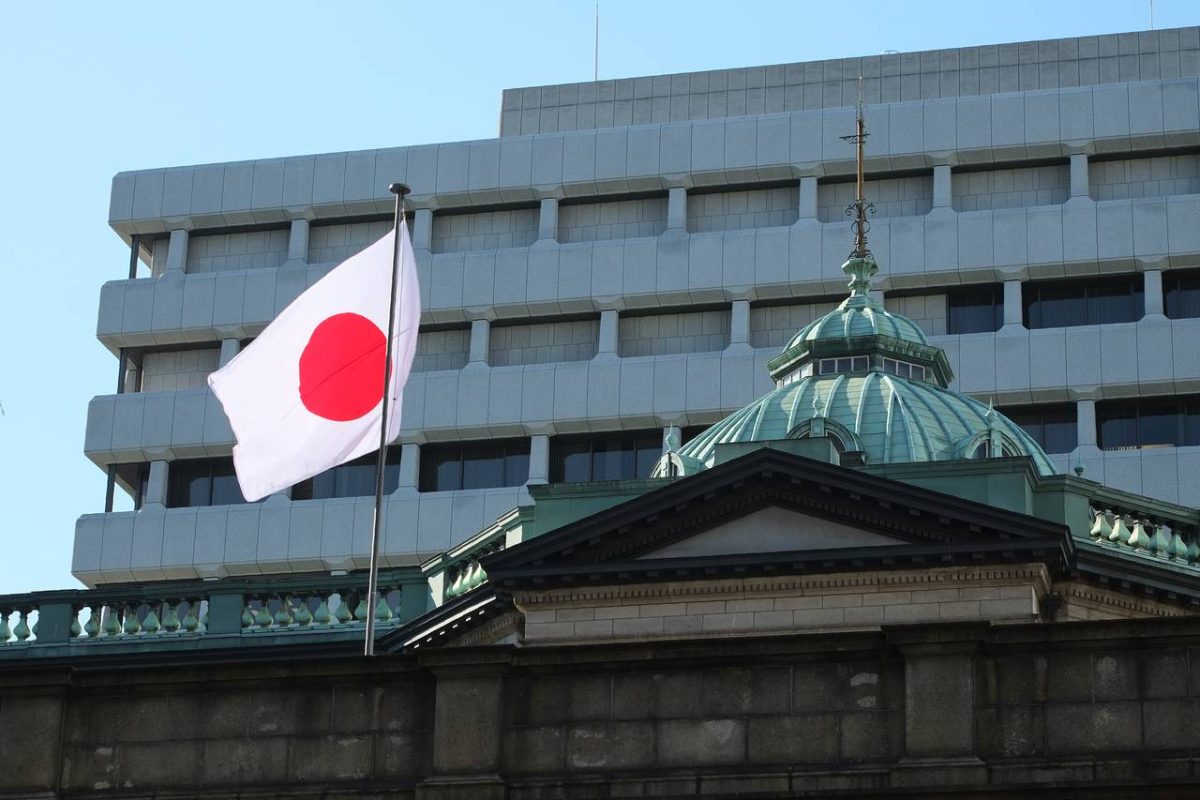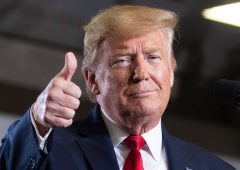Japan Proposes Two-Tier Crypto Framework in Push for Smarter Regulation
12.04.2025 17:00 1 min. read Alexander Stefanov
Japan is preparing to reshape its crypto regulations with a fresh proposal that would divide digital assets into two distinct categories—one for business-backed tokens and another for decentralized cryptocurrencies like Bitcoin.
The country’s Financial Services Agency (FSA) released the draft framework this week, opening the door to public feedback until May 10, 2025.
The new approach aims to bring clarity to a fragmented regulatory environment. Under the plan, tokens used for fundraising or issued by businesses—often lesser-known altcoins—would face stricter rules around transparency, investor protection, and disclosure. Projects would need to outline how funds are used and disclose potential risks. If they reach a significant investor base, they may fall under security token laws.
In contrast, widely held decentralized tokens such as Bitcoin and Ethereum would not be regulated at the asset level. Instead, crypto exchanges would bear responsibility for market monitoring, including reporting sharp price movements.
While the paper avoids the thorny issue of taxation, it lays the groundwork for more formal recognition of crypto within Japan’s financial system. Regulators are also considering broader changes to financial laws by 2026 that could redefine digital assets as investment products rather than just payment tools.
The proposal reflects a shift in tone from Japan’s traditionally cautious stance. A possible lifting of the crypto ETF ban is also in discussion, signaling that Tokyo is increasingly open to embracing digital assets under tighter safeguards.
-
1
U.S. Crypto Investors Hit by IRS Letter Surge as Tax Crackdown Looms
29.06.2025 11:00 3 min. read -
2
Ripple Drops Cross-Appeal, Moves to End SEC Case “Once and for All”
28.06.2025 12:30 2 min. read -
3
Europe’s Largest Euro-Denominated Spot Crypto Exchange Secures License Under MiCA
29.06.2025 12:00 2 min. read -
4
SEC Approves Grayscale ETF Tracking Top Five Cryptocurrencies
02.07.2025 9:06 1 min. read -
5
Kazakhstan to Establish State Crypto-Reserve Under Central Bank Oversight
30.06.2025 17:00 2 min. read
U.S. Regulators Define Crypto Custody Rules for Banks
U.S. banking regulators have issued fresh clarity on how financial institutions should handle cryptocurrency custody.
Crypto Week Begins: U.S. Congress Advances Key Bills as Trump Pushes for Regulatory Clarity
The United States has entered a pivotal week for the crypto industry as lawmakers and digital asset advocates prepare for what’s being dubbed “Crypto Week.”
Senate Confirms Crypto-Linked Nominee Jonathan Gould to Head OCC
The U.S. Senate has confirmed Jonathan Gould as the next head of the Office of the Comptroller of the Currency (OCC), moving his nomination to President Donald Trump for final approval.
Australia Tests CBDCs in 24 Separate Real-World Finance Use Cases
Australia is stepping up its digital currency efforts with the next phase of Project Acacia, a pilot focused on testing central bank digital currency (CBDC) and tokenized finance in real-world applications.
-
1
U.S. Crypto Investors Hit by IRS Letter Surge as Tax Crackdown Looms
29.06.2025 11:00 3 min. read -
2
Ripple Drops Cross-Appeal, Moves to End SEC Case “Once and for All”
28.06.2025 12:30 2 min. read -
3
Europe’s Largest Euro-Denominated Spot Crypto Exchange Secures License Under MiCA
29.06.2025 12:00 2 min. read -
4
SEC Approves Grayscale ETF Tracking Top Five Cryptocurrencies
02.07.2025 9:06 1 min. read -
5
Kazakhstan to Establish State Crypto-Reserve Under Central Bank Oversight
30.06.2025 17:00 2 min. read


